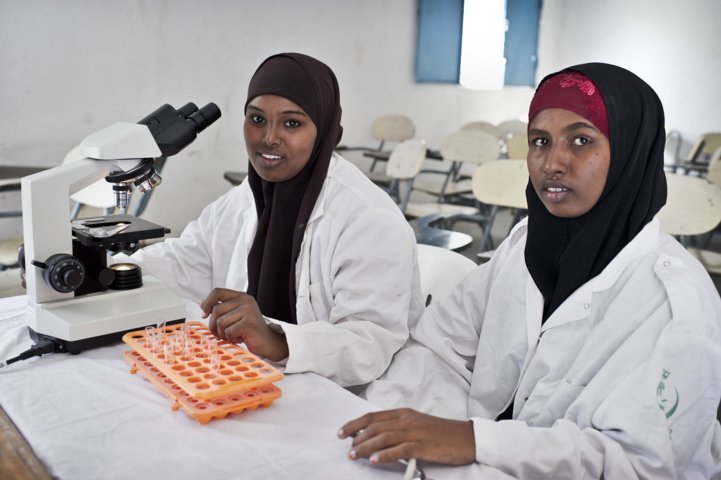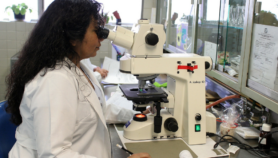By: Laura Owings
Send to a friend
The details you provide on this page will not be used to send unsolicited email, and will not be sold to a 3rd party. See privacy policy.
[CAPE TOWN] A partnership for driving technology innovations in Africa’s emerging markets has been formed between South Africa-based University of Cape Town Graduate School of Business (UCT GSB) and telecommunications company MTN.
In a three-year partnership announced last month (23 February), MTN has invested US$1.3 million in the company’s sponsored initiative called MTN Solution Space — an established innovation hub at GSB, that taps MTN’s technology expertise and the GSB’s focus on African-aligned business practices.
“The goal of this partnership is not to develop smarter technologies, but more relevant technologies.”
Walter Baets, University of Cape Town Graduate School of Business
“MTN already has an extensive footprint in Africa and the GSB has a strong representation of African students at the business school, combined with a reputation for research and academic excellence,” says Sarah-Anne Arnold, manager of the MTN Solution Space, in a statement that announced the partnership. “We are combining our strengths for a common purpose, finding solutions to the biggest challenges facing our continent.”
Specific areas of focus have not yet been revealed, but Walter Baets, director of the UCT GSB, says they will involve mobile applications and programmes supporting education, healthcare, entrepreneurship and small business growth.
“This partnership will very much be an open-ended cooperation around relevant business innovations in Africa and how we can use them to find solutions for Africa,” he says.
The partnership is not specifically aimed at driving new development, Baets explains. Instead, it will help innovators build business models that work in Africa and are affordable to in-need communities.
“There are a number of problems that could relatively, cheaply and innovatively be solved by using existing technology. The goal of this partnership is not to develop smarter technologies, but more relevant technologies,” he says.
Established in 2014, the MTN Solution Space is open to UCT GSB students and the public through a membership system. “It is based on the start-up mentality it supports, providing a space to meet and interact with like-minded people,” Baets adds.
Already, the hub has helped foster success by supporting UCT GSB student Francois Petousis, the founder of Lumkani, an early warning fire detection system, he notes. The initiative won the 2014 award for best start-up in the global innovation through science and technology challenge.
According to Chris Whelan, CEO of business advocacy body Accelerate Cape Town, the UCT GSB-MTN partnership creates an opportunity to grow the reach of innovative tech solutions out of Cape Town.
“If it’s successful, other businesses and organisations here and elsewhere in Africa will take notice and look to attract talent through similar initiatives,” Whelan says.
“And the more [there are] people who are skilled in the tech space, the better the chances of addressing extraordinary health and lifestyle issues for more than a billion people across the continent.”
This article has been produced by SciDev.Net's Sub-Saharan Africa desk.














